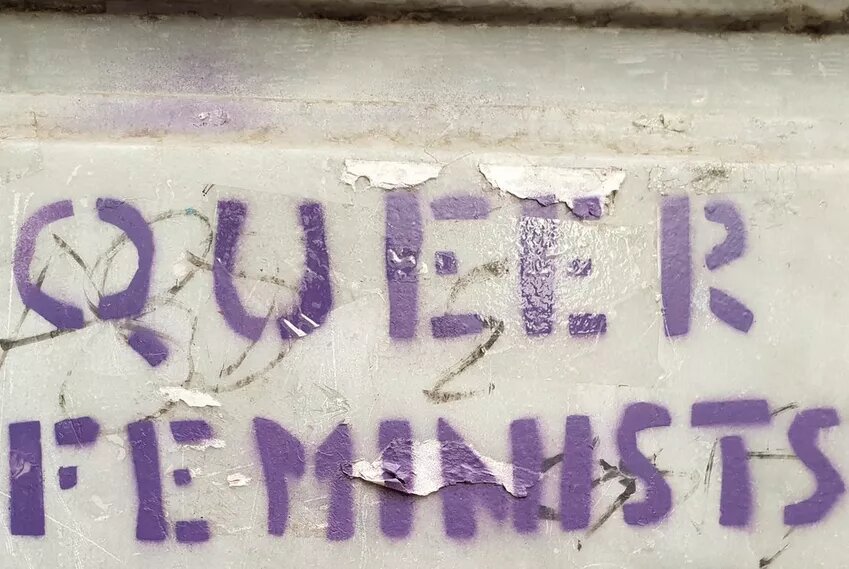Include queer/feminist perspectives, utilize them in the critique of power, and form civil society partnerships to combat discrimination and exclusion as well as to confront hate online.

“Solidarity is our weapon”: through this slogan, which originates in the context of social movements, several goals and focuses become clear. Solidarity as a basis for social coexistence, encompassing inclusivity and mutual respect, should be the central perspective of our societies – and thus also of internet governance. Solidarity means perceiving diverse social and individual positionings and providing approaches that can work against discrimination, exclusion, and hate. Queer/feminist positions in particular point to this on both a theoretical and a practical level.
Like any area of society, internet governance always has a feminist aspect in which feminism is not monothematic but intersectional. This in turn enables the productive expansion of internet political discourses and calls for more justice at various levels. As the central concerns of internet governance, inclusiveness and solidarity require a confrontation with power structures and power relationships that is effective on many levels. From this perspective, the concentration of power, as reflected in structures, technologies, and actions as well as in norms and discourses, can be taken into consideration, reinterpreted, and changed.
This can be illustrated by the example of hate speech. Such speech acts hurt certain (especially marginalized) groups in particular due to their genders, races and bodies. Only by examining the societal structures of power and inequality that they help to produce and the social discourses that provide their breeding ground can their complexity be grasped. Therefore it is also necessary not to leave the assessment of such speech acts only to corporations such as Facebook or YouTube, but to find civil-society and political solutions to form alliances and to intervene in social discourses.
Queer/feminist movements and actors in particular have repeatedly pointed out that while hate speech has found additional forms of expression through digital media, the linguistic patterns still correspond to traditional anti-gender and sexist narratives. Especially in view of the current backlash, it remains important not to lose heart, and instead to unite even more closely against these tendencies and show solidarity inclusive of the consideration of our own diverse perspectives. It is from alliances, from critiques of power, and from solidarity that agency can emerge.
This article was first published (12th November 2019) online via hiig.de and is part of the publication "Critical Voices, Visions and Vectors for Internet Governance".

